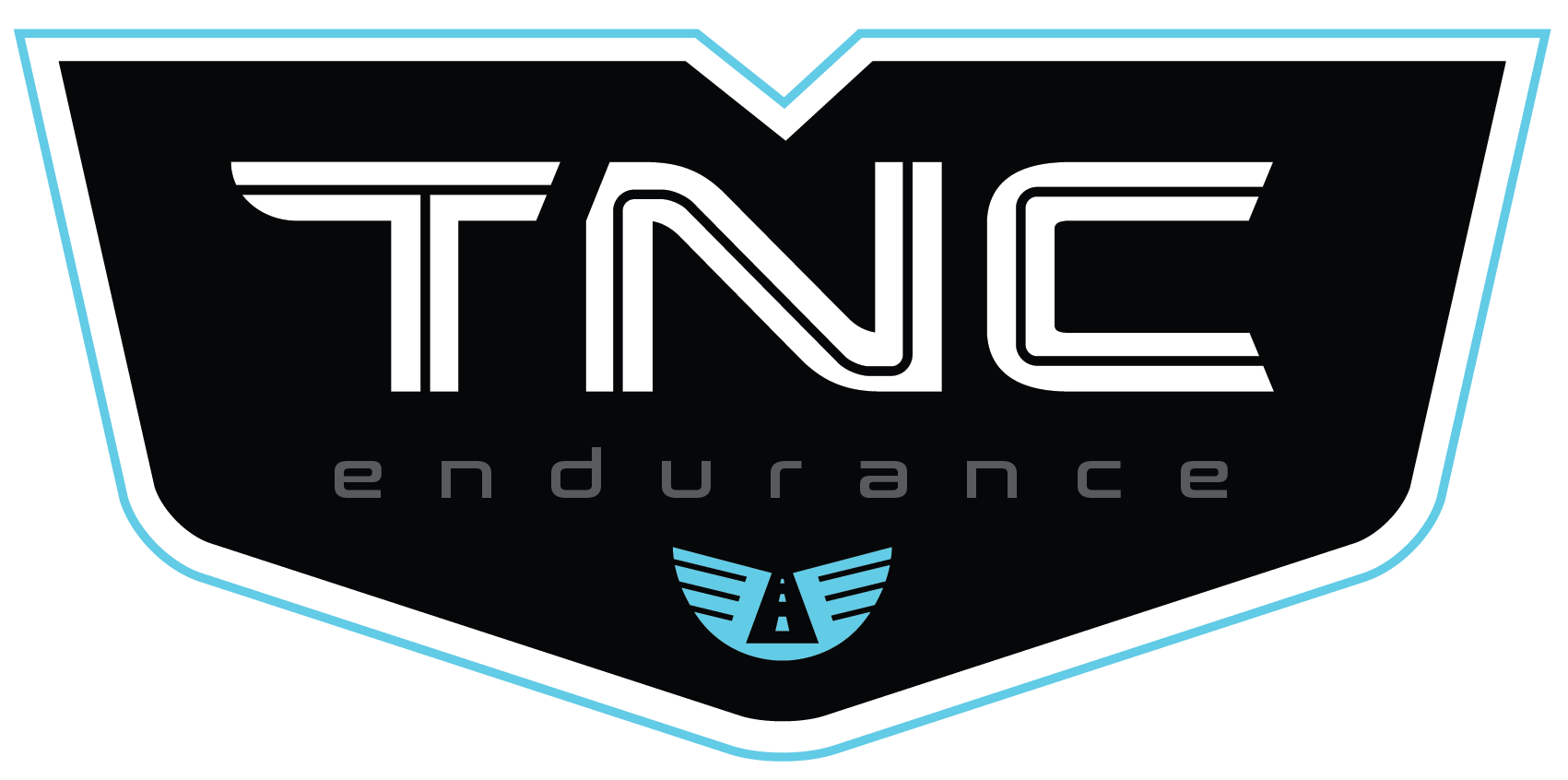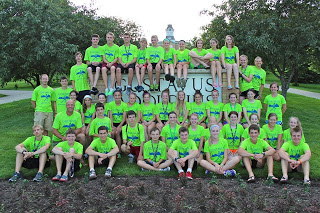Soliciting advice!
If not for my U of MN test and Beth Zirbes’ recommended link, I would have embarked in a “some-what” vegan looking diet for this next year. I am in love with the recipes I’ve tried, and really enjoy trying to eat as much plant/bean/natural based food as possible. Truly.
But, based on my test last week, I am a very, very predominate carb-burner. Per Evan’s link, I know I can work on this via my long runs – not eating before my long runs and teaching my body to burn fats. But would there be benefits to changing things every day?
I know that my body fat percentage is higher than other endurance athletes (despite those 100 mile weeks!) and I have a MUCH harder time losing that weight. I’ve blamed it on my genetics previosuly (there are more than a few 300+, maybe 400+ pound people on my dad’s side…). Instead, should I look at my current daily diet and make changes? Beth gave me a link that seemed to ring true:
http://eatingacademy.com/how-a-low-carb-diet-affected-my-athletic-performance
Go to about me, my nutrition journey.
A lot of this resonates with me – the fact that he’s working out 2-3 hours a day but still carrying excess fat,wondering why, etc. This sounds so similar to what I have found to be true about myself, but when I look at his nutriton story, I wonder. This would be a very, very abrupt change for me. I know I don’t want to make a huge change to my diet unless I’m sure that it’ll really help me to lower body fat/increase fat-free mass. I have a second Olympic Trials qualifier to pursue!! Plus, this would be a change I know would be difficult for me mentally – I love nothing more than my 100% carb days, filled with oatmeal, bagels, plain pasta, etc. 🙂
I’m just too uneducated now to make a dramatic change (although am very open to the idea if it would work). Please feel free to comment here/post links/etc!!



For another perspective: I lost about 7 lbs of fat (went from 13%+ down to 9% body fat) over a three year period. I wasn't necessarily out to lose body fat but I was trying to get my racing weight down. My volume of training was increasing, very subtly during that time (probably from averaging 70 mpw to about 80 mpw) and I began closely watching what I ate. I was eating about 2000-2200 calories per day on average during my heaviest training. I paid no attention to what I ate in terms of fat/protein/carbs. I just tracked the calories. Basically, what I did was experiment with my calorie intake to see at what level of intake I began to lose weight, then I just held it there when I wanted to lose. I also believe adding strength training helped change my body composition significantly. At that time, I wasn't doing anything crazy–just basic strength (low weight/high rep) and core 1-2 times per week. Not sure if this helps, but I was able to get my BF down on this plan. It was a very slow process, but it worked.
Thanks for your wonderfully sweet comment on my blog!!
That's awesome you were at CIM!…even though it didn't go close to how you wanted to, I know you are stronger, wiser, and faster because of it!
It's the ick races that push us to find new strategies and motivation to succeed!
I definitely agree with your mindset about not wanting to change your diet too drastically…especially if your body is wired to burn, and therefore ask for (aka "crave") carbs. Eliminating your major fuel source could cause fatigue & burnout, and lead to a resentment with running.
When I first started adding distance 1.5-yrs ago (but I've still only gotten up to consistent 85-90 mpw) I was never hungry, almost as though my system was shocked and just trying to survive. But now that I'm strong and fit, my body has caught on, instead of sending out thirst or tired signals though it sends out hunger. Have you evaluated your sleep & hydration? If I stay on top of those two things I am able to associate between true hunger, and my body recovering.
When is your next big race?
Maybe you could eat lower carb than normal/slightly lower calorie Monday-Fri, then on the weekend (when you run longer?) you could give your brain a break and just go with the flow of your cravings.
I can't wait to cheer for you in 2013!!
This article might be interesting: athleticsillustrated.com/wp-content/uploads/Stellingwerf-MarathonCaseStudyIJSNEM2012.pdf
It's about the three Canadian guys who did well at Toronto in 2011, and low-carb training bouts.
Thanks everyone for the comments/advice. Lizzy & Jamie, you're right – changing things drastically like that wouldn't be a good idea. And yes, part of getting to race weight has to be sleeping and drinking enough. Donna, the nutritionist I worked with this year, said to make sure to sleep as much as possible to try to help with weight loss. Grehlin, a hormone, increases when you don't get enough sleep and it's job is to stimulate appetite
Evan, your link was SO helpful! Seriously. Love to read things that are science based, follow actual competitive marathoners. I had been considering some sort of carb-cycling, but like the idea of morning fasted runs and just a few second workouts of the day that are also in a carb-depleted state. Oddly enough, in my base period this last cycle I did quite a few of my morning workouts without having eaten anything before hand (trying to time my calories for right after the workout) and that was the time that I was actually able to lose a little weight. Hadn't thought about that before, but it would make sense that I was having my body burn fat on those sessions, which it otherwise doesn't.
Yeah for the help of readers!! Thank you!!
I rarely eat anything before my morning runs–unless I'm running 10+ miles. I figure I need to train my body to operate with very few calories in order to simulate mile 20 of the marathon. The only other way I've been able to lose weight is by going to bed hungry–not starving but a little hungry.